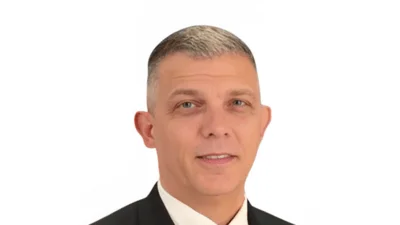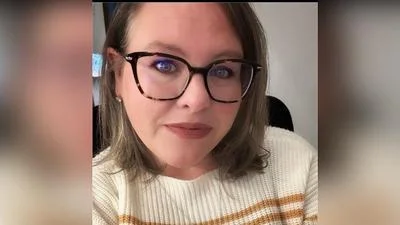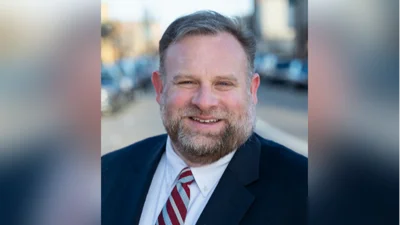Angelina Cruz, Wisconsin State Representative for 82nd District | Facebook
Angelina Cruz, Wisconsin State Representative for 82nd District | Facebook
According to the Wisconsin State Legislature's official website, the bill was described as follows: "prohibiting conversion therapy".
The following is our breakdown, based on the actual bill text, and may include interpretation to clarify its provisions.
In essence, this bill prohibits mental health providers from engaging in conversion therapy with minors. Conversion therapy is defined as any intervention aiming to change a person's sexual orientation or gender identity, including altering behaviors or feelings towards the same gender. The bill clarifies that conversion therapy does not include counseling that supports gender transition, acceptance, or coping without aiming to change orientation or identity. The Medical Examining Board, Psychology Examining Board, and Marriage and Family Therapy, Professional Counseling, and Social Work Examining Board are tasked with investigating violations and may limit, suspend, or revoke licenses of those found violating the prohibition.
The bill was co-authored by Sen. Tim Carpenter (Democrat-3rd District), Rep. Clinton M. Anderson (Democrat-45th District), Rep. Deb Andraca (Democrat-23rd District), Rep. Margaret Arney (Democrat-18th District), and Rep. Mike Bare (Democrat-80th District). It was co-sponsored by Sen. Kristin Dassler-Alfheim (Democrat-18th District), Sen. Dora E. Drake (Democrat-4th District), and Sen. Jodi Habush Sinykin (Democrat-8th District), along with 38 other co-sponsors.
Angelina M. Cruz has co-authored or authored another 34 bills since the beginning of the 2025 session, with none of them being enacted.
Cruz graduated from the University of Wisconsin-Parkside in 2003 with a BA.
Cruz, a Democrat, was elected to the Wisconsin State Assembly in 2025 to represent the state's 62nd Assembly district, replacing previous state representative Robert Wittke.
In Wisconsin, the legislative process starts when a senator, constituent, group, or agency proposes an idea for a bill. After drafting, the bill is introduced, numbered, and referred to a committee for review and public input. If approved, it moves through three readings and votes in both the Senate and Assembly. Once both chambers pass the same version, the bill goes to the governor, who can sign it, veto it, or let it become law without a signature. Only a small share of bills introduced each session ultimately become law. You can learn more about the Wisconsin legislative process here.
| Bill Number | Date Introduced | Short Description |
|---|---|---|
| AB359 | 07/17/2025 | Prohibiting conversion therapy |
| AB352 | 07/08/2025 | Limiting the release of certain balloons into the atmosphere, granting rule-making authority, and providing a penalty |
| AB150 | 03/17/2025 | Requiring the legislature to convene an extraordinary session if an executive order of the president of the United States freezes federal aid to the state |




 Alerts Sign-up
Alerts Sign-up